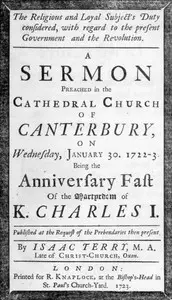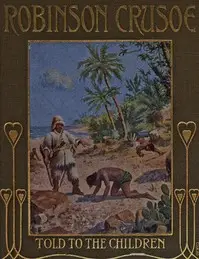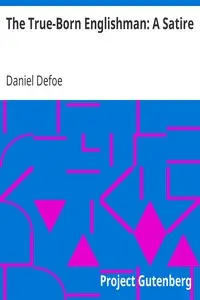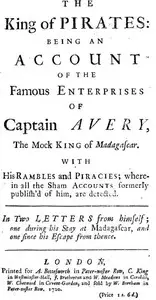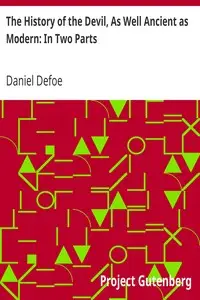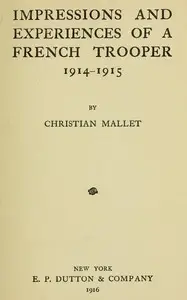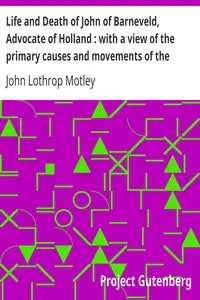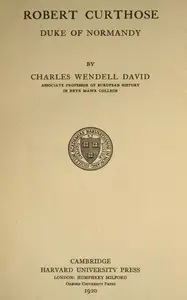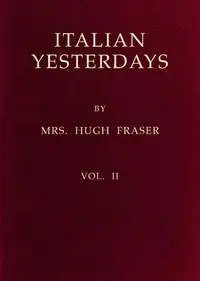"A Seasonable Warning and Caution against the Insinuations of Papists and Jacobites in Favour of the Pretender" by Daniel Defoe is a compelling political piece urging the people of England to stay strong in their Protestant faith and fight back against the increasing danger of Catholicism and the return of the Stuart king. The story focuses on the risks of letting James Francis Edward Stuart take power, because that would put both freedom and religion in danger, pointing out how easily people are losing sight these important issues. With strong emotion, Defoe reminds people of the past struggles to install Protestant rulers. He talks about the tricky and manipulative plans of the Jacobite followers and how this will affect the public's decisions. He encourages all Protestant people to come together, hold on to their cherished freedom, and reject the oppressive control from the Pope, which threatens to weaken their way of life. In the end, the piece serves as both a call to action and a sobering story about how easily freedom can be lost if people forget history.
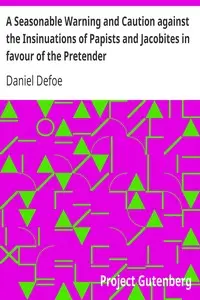
A Seasonable Warning and Caution against the Insinuations of Papists and Jacobites in favour of the Pretender Being a Letter from an Englishman at the Court of Hanover
By Daniel Defoe
In a world teetering on the edge of religious and political upheaval, a nation is called to remember its past sacrifices and unite against the lurking shadows of tyranny.
Summary
About the AuthorDaniel Defoe was an English novelist, journalist, merchant, pamphleteer and spy. He is most famous for his novel Robinson Crusoe, published in 1719, which is claimed to be second only to the Bible in its number of translations. He has been seen as one of the earliest proponents of the English novel, and helped to popularise the form in Britain with others such as Aphra Behn and Samuel Richardson. Defoe wrote many political tracts, was often in trouble with the authorities, and spent a period in prison. Intellectuals and political leaders paid attention to his fresh ideas and sometimes consulted him.
Daniel Defoe was an English novelist, journalist, merchant, pamphleteer and spy. He is most famous for his novel Robinson Crusoe, published in 1719, which is claimed to be second only to the Bible in its number of translations. He has been seen as one of the earliest proponents of the English novel, and helped to popularise the form in Britain with others such as Aphra Behn and Samuel Richardson. Defoe wrote many political tracts, was often in trouble with the authorities, and spent a period in prison. Intellectuals and political leaders paid attention to his fresh ideas and sometimes consulted him.






